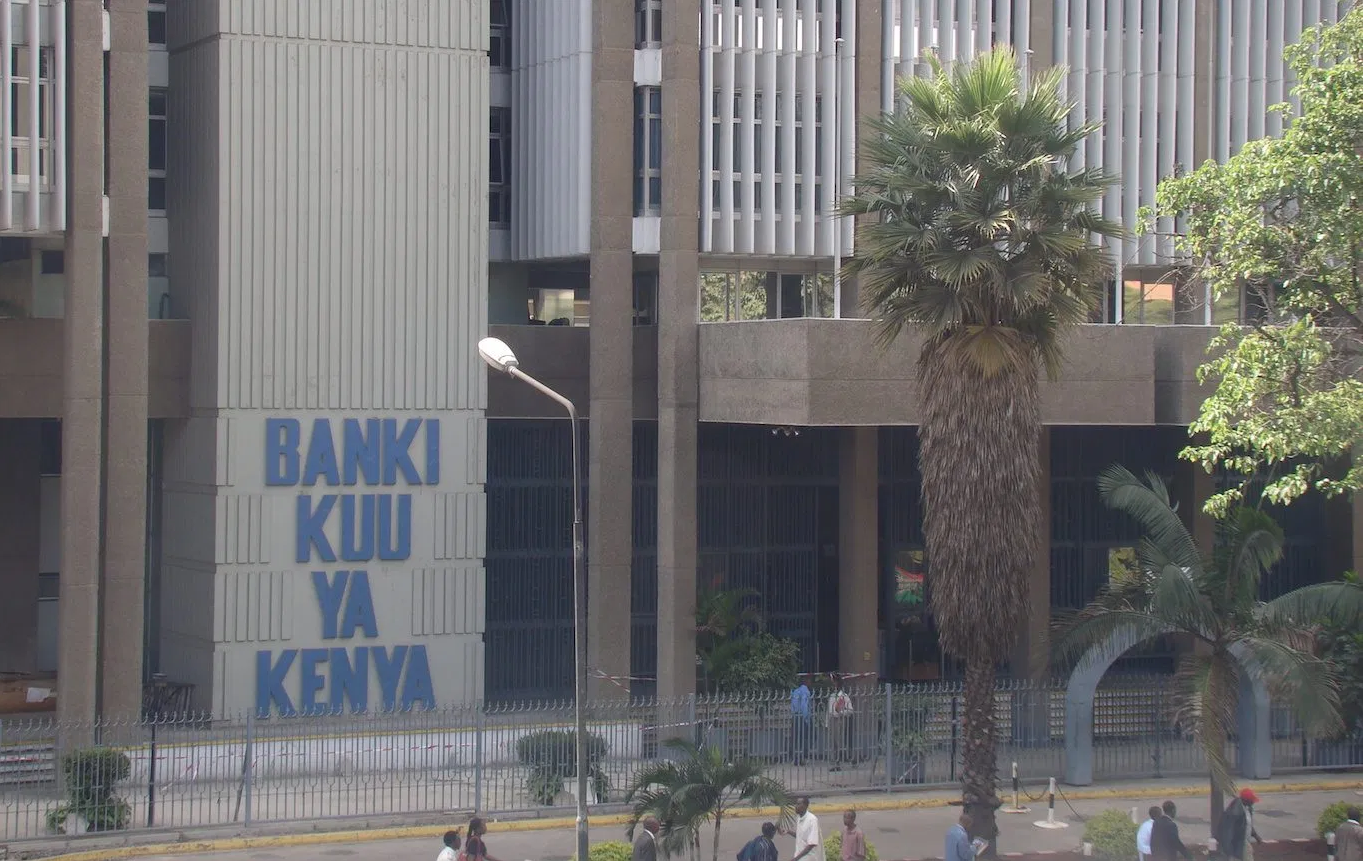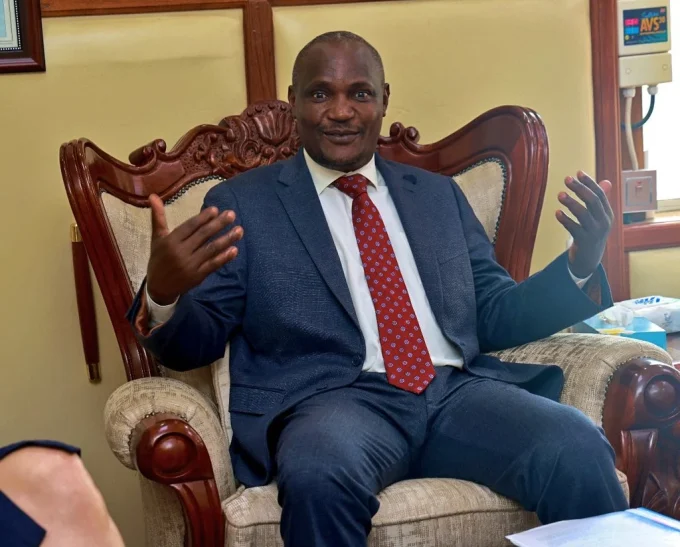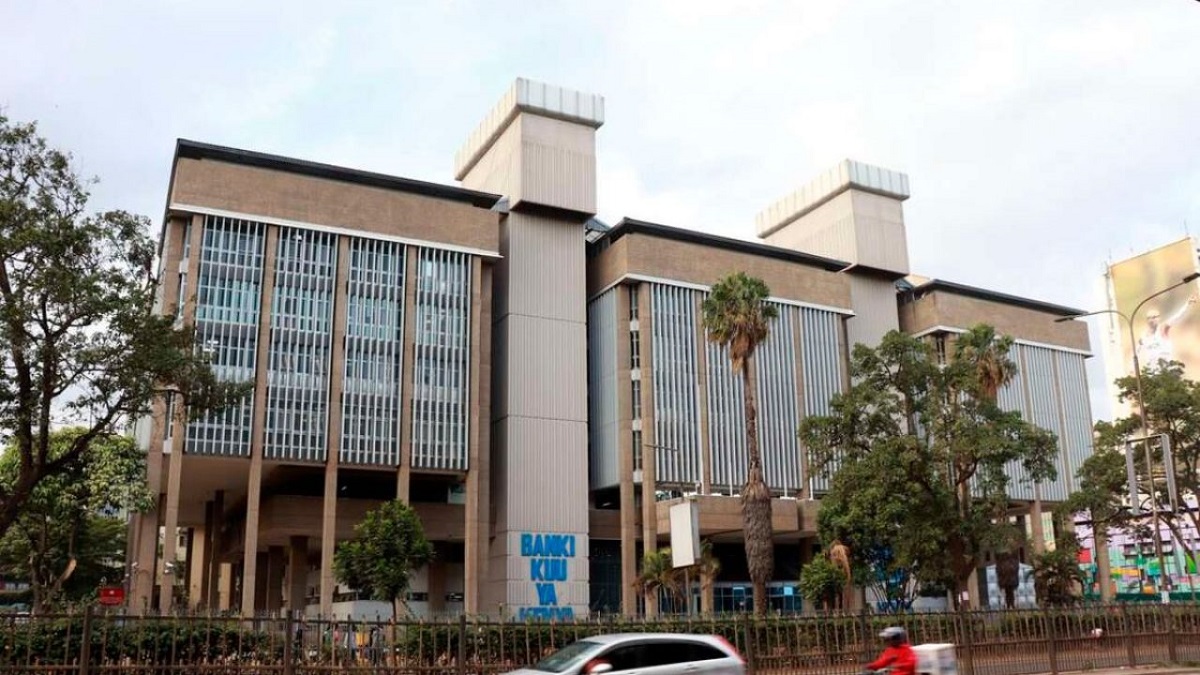Government securities are considered risk-free investments. Government securities provide a return and/or a consistent source of income over a specified period of time. Investors who buy these securities are loaning money to the government, which promises to repay them after a specified period of time, called maturity.
Investing in government securities is a simple process that you can undertake through the Central Bank of Kenya directly or through a commercial bank or an investment bank.
Government Securities in Kenya
In Kenya, the National Treasury offers two types of government securities: Treasury bills and Treasury bonds.
Treasury bills are a short-term investment, with maturities of 91 days, 182 days and 364 days. This means that if you invest money in a Treasury bill, you will receive that money back within three months, six months or one year, depending on the bill you choose.
Investors make money on Treasury bills because they are sold at a discount. For example, if you invest in a 91-day Treasury bill, you will pay less than the bill’s face value, but after 91 days you will receive the full face value.
If you’d like to purchase a Treasury bill, you must invest a minimum of Ksh100,000.
Treasury bonds are medium- to long-term investments, and their maturity can range from one year to 30 years. There are many different types of Treasury bonds, but their basic operations are similar.
Investors buying Treasury bonds are loaning the government money for a specified period of time, which is the bond’s maturity. With most bonds, investors will receive interest payments every six months throughout that period of time, and at the end of that period, they receive the face value amount that they invested.
If you’d like to purchase a Treasury bond, you must invest a minimum of Ksh50,000.
Who can Invest?
While commercial banks, corporate entities and pension schemes are some of the largest investors in government securities, individuals can invest directly through the Central Bank.
If you’re interested in investing in government securities you must have a bank account with a commercial bank in Kenya, and you must open a CDS account with the Central Bank. Kenyans and foreign investors who meet these qualifications are free to invest in government securities directly with the Central Bank.
SEE ALSO >> Three Investment Options That Will Make Your Richer
Those who do not wish to open a CDS account with the Central Bank can still invest by opening a client account with their commercial bank, which will invest on their behalf. However, while opening a CDS account is free, commercial banks typically have fees associated with client accounts.
Kenyans Living Abroad
Kenyans living abroad can invest in government securities as long as they have an active Kenyan bank account. They can open a CDS account and submit all required forms to the Central Bank via email.
Investors who are not Kenyan and are not Kenyan residents can invest in government securities, but must do so as a nominee of a local commercial bank, an investment bank or a stockbroker.
Accessing Funds Before Maturity
Investors who need to redeem their securities before they mature can rediscount those securities as a last resort. The Central Bank will buy the securities back, but do so at a punitive rate to discourage investors from doing this, and recommends that investors hold their securities until maturity if possible.
Treasury bonds are traded on the secondary market, giving bondholders the opportunity to receive money for their security without rediscounting. Treasury bills, however, are not traded on the secondary market. Both types of securities can be transferred to other parties.
Third Party Claims
If an investor passes away before all of his or her investments mature, third parties can claim that investor’s outstanding securities by submitting documents establishing that they should be the bona fide recipients of the securities.
[ Source: Central Bank of Kenya ]













Leave a comment